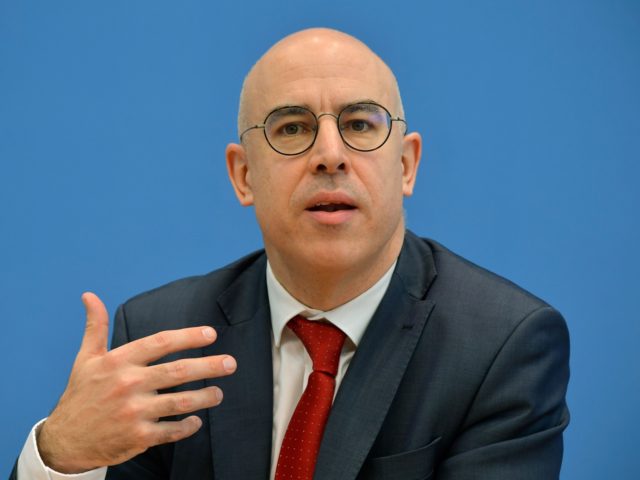A leading economist has claimed that, in his view, economic globalisation is now ‘over’ as a result of the Ukraine war.
Gabriel Felbermayr, a world-renowned economist who heads up the Austrian Institute for Economic Research (WIFO), has declared that globalisation is now “over” thanks to the ongoing war in Ukraine.
Instead, the economist believes that the current economic world order will be replaced by a multilateral system, with regions breaking off into distinct economic blocks, dominated by the likes of the West, China and Russia.
“The 30 glorious years of globalization are over,” Der Spiegel reports the prize-winning economist as saying. “We have to bury the idea of a global market.”
“Ever since the financial market crisis of 2008 and 2009, it has been clear that hyper-globalization is over,” he continued. “At the latest since Donald Trump ‘s economic war and the Russian invasion, it has been clear that a new Iron Curtain will probably be lowered between the West and the Russian sphere of influence.”
Germany Suffering ‘In the Most Brutal Way’ Over Russian Gas Addiction – Ministerhttps://t.co/h87ZPPVIRd
— Breitbart London (@BreitbartLondon) March 31, 2022
Although the end of globalisation has been predicted many times before, Felbermayr’s warning matches those made by other groups and organisations, with Russia’s ongoing war in Ukraine already causing serious issues for international trade.
The supply of food is one major area where the war has already caused significant damage due to the world’s reliance on grain and fertiliser exports from Ukraine and Russia.
As a result of the supply chain failure, one UN expert has warned of a “hell on earth” migrant crisis caused by chronic food shortages should Europe not fund more aid for at-risk areas.
Increased tensions between Russia and the West also now seem likely to result in major disruptions to the international energy sector, with Russian President Vladimir Putin reiterating threats to cut off gas supplies completely from “unfriendly” nations should they refuse to start paying for their fix in rubles from April.
Such a cut-off — if it comes to pass — will likely be utterly catastrophic for Germany, which has become highly addicted to Moscow’s supply, receiving 55 per cent of its natural gas from Putin’s Russia.
This overreliance on an energy supply controlled by Russia which may be soon unceremoniously pulled has left the country’s authorities scrambling for alternatives, with emergency plans also being put in place to ensure homes do not have their essential fuel supplies disrupted.
However, the country is still seemingly not desperate enough to cease its green agenda, with the nation continuing to shut down its nuclear and coal-fired power stations in the midst of the current crisis.
Many have taken aim at past German administrations for landing the country in this situation, with Felbermayr also levelling heavy criticism at those who got the central European state hooked on Russian gas.
“Here, few people from the energy industry and politics in Germany made the wrong decision to make themselves so dependent on Russia,” Der Spiegel reports the man as saying.
“The citizens are now footing the bill for this policy,” he concluded.

COMMENTS
Please let us know if you're having issues with commenting.